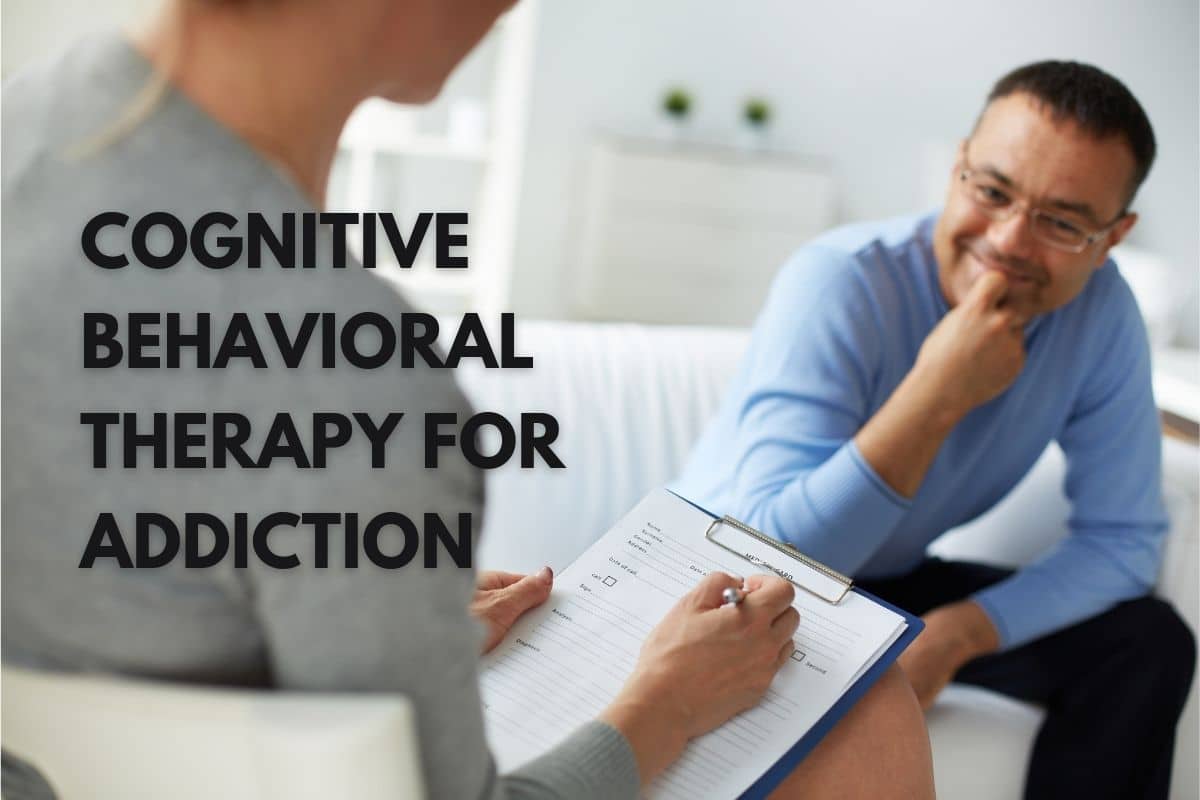Each addiction treatment program takes a slightly different approach to recovery. Some take a more holistic approach, whereas others primarily focus on medication management options. Yet, nearly every recovery program offers and encourages the use of one treatment, behavioral therapy. Cognitive behavioral therapy, to be exact, is highly recommended and proven to be effective when used in conjunction with other approaches to treatment. The benefits of cognitive behavioral therapy may not be all that surprising once you know what this treatment is.
What is CBT?
Cognitive behavioral therapy (CBT) is defined by the American Psychological Association as “a form of psychological treatment”. Essentially, it is a type of mental health therapy that has shown high efficacy in treating various psychological conditions including substance use disorders. The name of the therapy itself refers to the way we think and the way we act, and that is what CBT treatment focuses on. The core principles of CBT are that psychological issues are based on problems with the way an individual thinks and their learned behaviors. Another principle is that people are capable of learning new ways of coping, which ultimately changes their thought and behavioral patterns.
How Does CBT Help With Recovery
Recovery varies from individual to individual, based on the substances they use and their unique life circumstances. However, CBT can be beneficial to almost anyone. It specifically helps individuals in recovery identify thoughts and behaviors that led to substance use in the past and develop new skills for coping with these problematic thoughts and behavior patterns. This approach can also be used to address co-occurring issues such as anxiety and depression, common mental health issues associated with addiction.
Let’s break it down for you. The benefits of CBT for addiction recovery include:
- Learning how to recognize thoughts and actions that can be self-destructive.
- Developing methods to identify these types of thought patterns.
- Adapting to new ways of thinking.
- Identifying more productive ways to deal with stressful circumstances and situations.
- Encouragement to apply the newly learned skills to new and potentially challenging situations.
Incorporating CBT into Recovery
Individual and group therapy are common types of programming clients participate in when enrolled in an addiction treatment program. CBT was originally adapted to help individuals with alcohol addiction but has since been shown to be effective in preventing relapse from cocaine, meth, nicotine, and other addictive substances. Hence why it is regularly incorporated into these types of therapy sessions, particularly individual therapy.
CBT doesn’t address physical symptoms associated with withdrawal but is particularly helpful in terms of relapse prevention and long-term sobriety. In fact, long-term outpatient addiction treatment is beneficial for individuals who struggle with a strong psychological addiction, beyond just physical dependence because it provides adequate time to progress with CBT. As recovery clients encounter various situations, they can practice their newly developed coping skills, then meet with their trained therapist to discuss what is working and how they may be struggling. This is not a quick fix, but an opportunity to grow and make life-long changes for the better.
Sources:
https://www.ncbi.nlm.nih.gov/pmc/articles/PMC2897895/
https://www.drugabuse.gov/publications/principles-drug-addiction-treatment-research-based-guide-third-edition/evidence-based-approaches-to-drug-addiction-treatment/behavioral-therapies/cognitive-behavioral-therapy

































